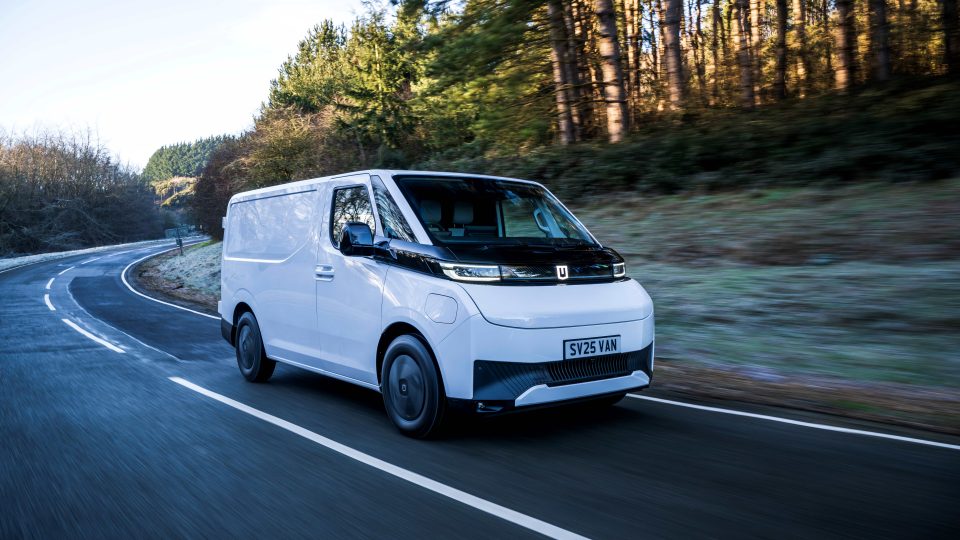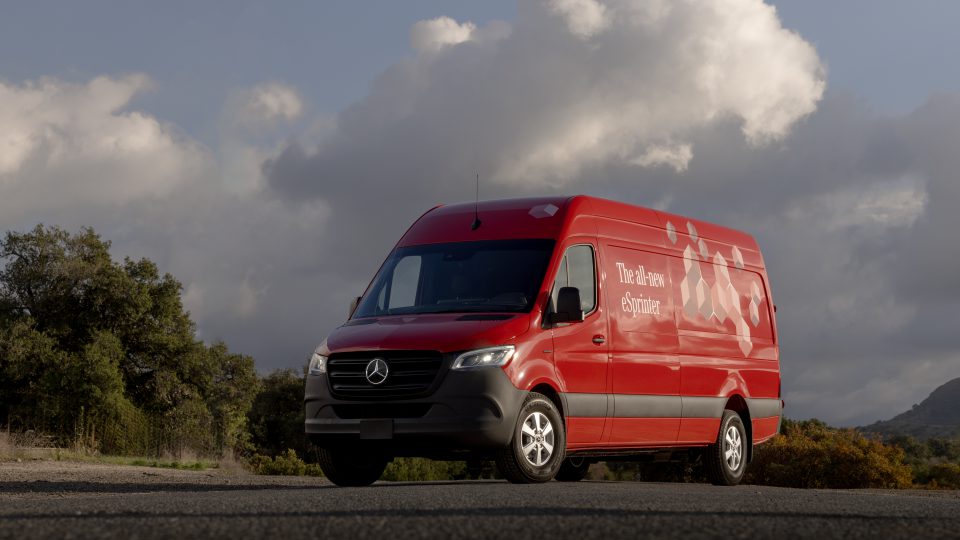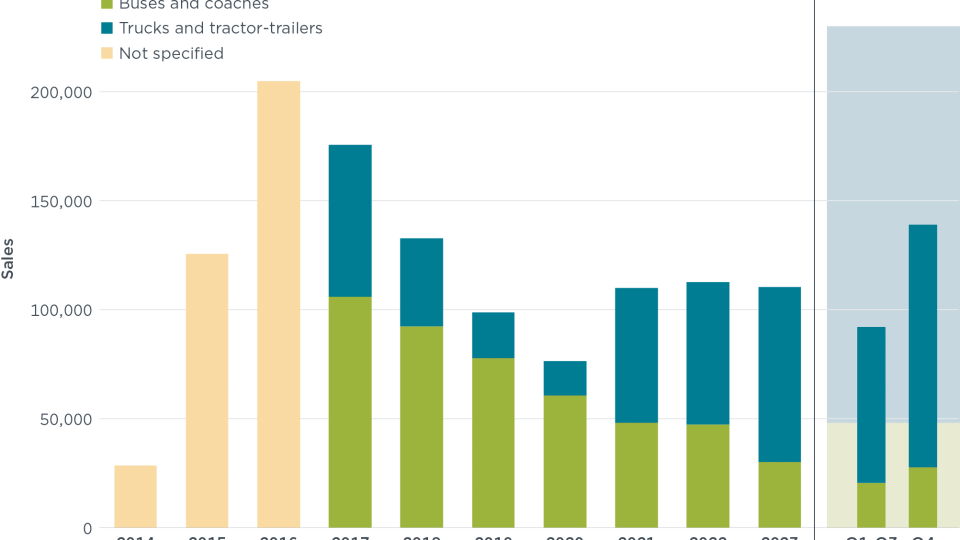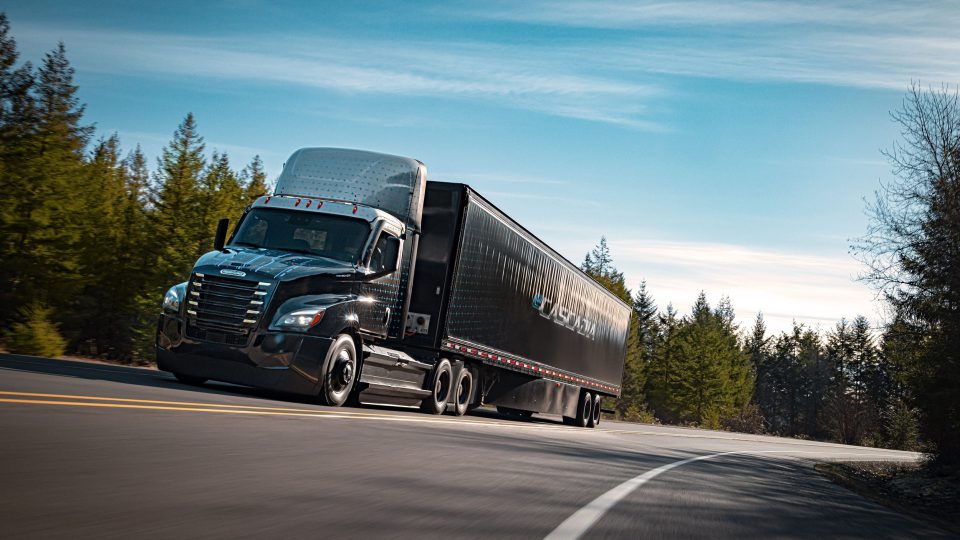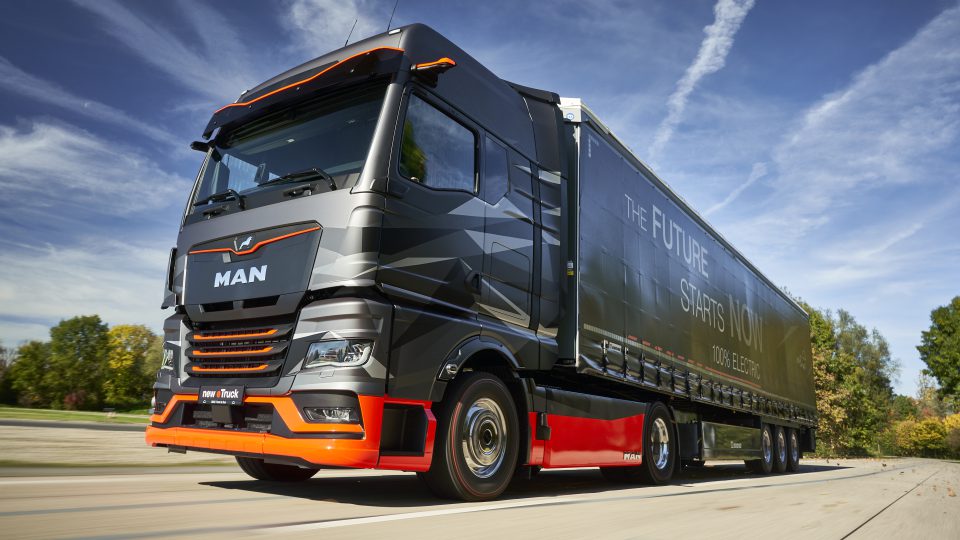Road transport, 41 large companies ask European institutions for stricter CO2 standards
Nike, Heineken, PepsiCo, DFDS, Maersk, ChargePoint, Nestlé, Volta Trucks, Kuehne and Nagel are among these 41 companies. They say "more ambitious CO2 standards in 2030 and 2040 will lower the costs and accelerate the production of zero-emission trucks at scale".
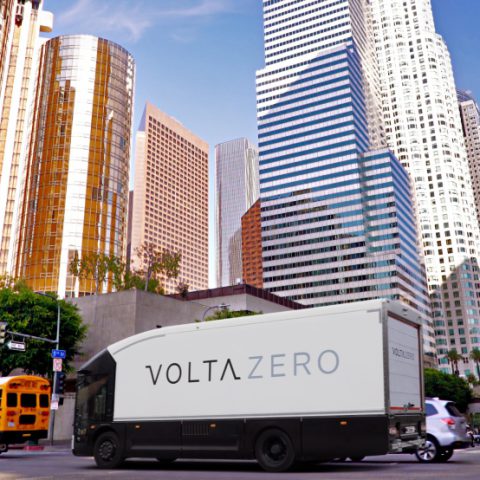
A total of 41 large companies from all over the world wrote a letter addressed to European institutions, asking for “stricter CO2 standards” as for road transport. That’s what Transport & Environment reported in an official note.
Nike, Heineken, PepsiCo, DFDS, Maersk, ChargePoint, Nestlé, Volta Trucks, Kuehne and Nagel are among these companies: the full letter can be found here. Hauliers, shippers, and logistics and e-mobility companies are involved in such request. They say “more ambitious CO2 standards in 2030 and 2040 will lower the costs and accelerate the production of zero-emission trucks at scale”.
European CO2 standards are hot issue
According to T&E, the signatory companies urge the EU to set a clear date for 100% of new trucks to be zero emissions. This is crucial to decarbonise the sector by 2050, considering the average lifetime of trucks is around 18 years in Europe. The letter says all truck types should be subject to climate targets to ensure manufacturers ramp up zero-emission vehicle production across all segments. The Commission’s proposal exempted some vehicle types including garbage and construction trucks and some urban delivery trucks, which are often easy to electrify – with benefits for air quality in cities.
“PepsiCo’s ambition to reduce emissions by at least 40% by 2030 and to become net-zero by 2040 largely depends on the decarbonisation efforts of our value chain partners, which includes third party logistics”, said Archana Jagannathan, Chief Sustainability Officer at PepsiCo Europe. “Therefore, the transition towards an affordable and emission-free movement of goods in Europe is our shared responsibility. We urge policymakers in Brussels to set more ambitious CO2 standards for trucks as it is not only a critical step towards achieving the EU’s climate neutrality goals but also a strategic move for the success of our industry.”
“It’s in all of our interests to push for more zero-emission trucks on the road, earlier, and for clear intentions regarding both trucks and infrastructure. This will get us faster to both emissions reductions and to cost parity with diesel, and it enables transport operators like us to plan ahead with more confidence”, added Sophie-Kim Chapman, Head of Decarbonisation at DFDS.





